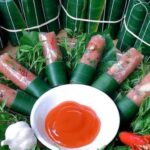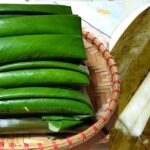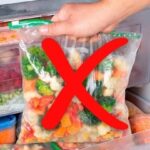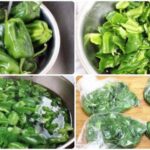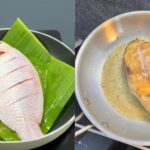Banana Leaves Keep Vegetables Fresher for Longer
Banana leaves help prevent moisture loss in vegetables. When you have an abundance of veggies that need to be stored, wrap them in banana leaves before placing them in the refrigerator. The leaves create a barrier that slows down water loss and keeps the vegetables fresh and crisp.
In the absence of refrigerator space, banana leaves come to the rescue once again! Simply wrap your vegetables in the leaves and keep them at room temperature. This traditional method, used by our ancestors before the invention of refrigerators, can extend the shelf life of your veggies by up to a week.
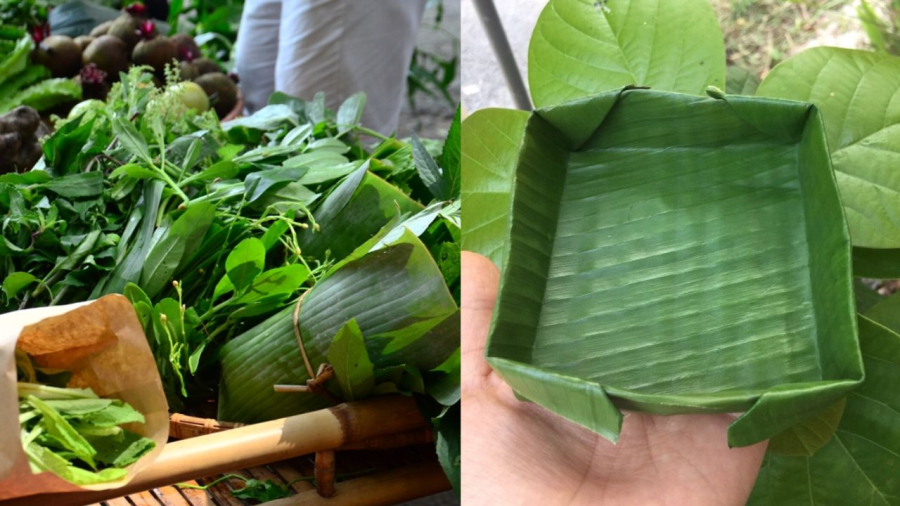
The Many Uses of Banana Leaves
Create Containers and Food Wrappers with Banana Leaves
Here’s a nifty trick: pass banana leaves over a flame to make them more pliable and less brittle. Then, use these leaves like paper to fold and create bowls or containers for serving food.
Banana Leaves for Food Packaging
Using banana leaves to wrap sticky rice is a common practice in Vietnam, but did you know you can also use them to package other foods? Whether you’re taking food on the go or storing leftovers in the fridge, banana leaves are a natural and eco-friendly alternative to plastic bags and containers.
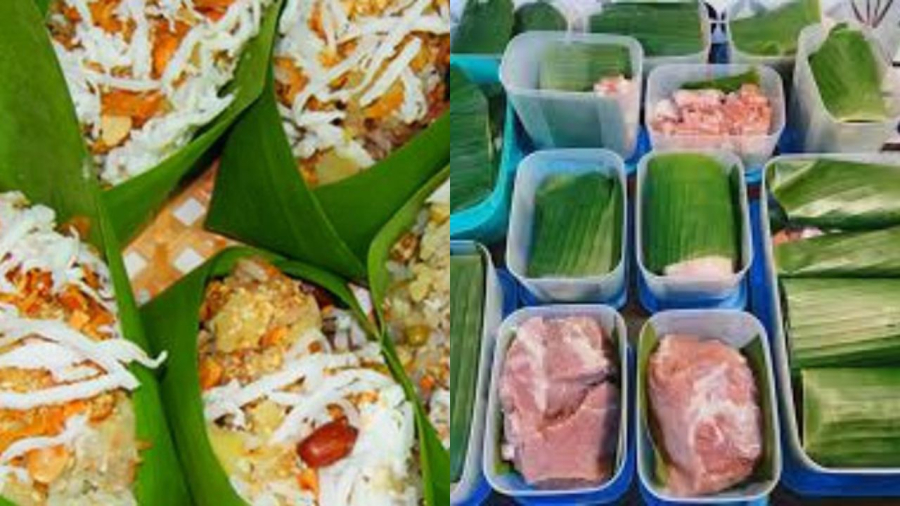
Banana Leaves for Food Packaging and Freezer Storage
Line Your Frying Pan with Banana Leaves for Easy Cleaning
Say goodbye to messy, oil-splattering frying pans! Simply line the bottom of your pan with a banana leaf before adding oil. For certain dishes, you can even place the ingredients directly on the leaf before turning on the heat. For example, when frying fish, place the fish on the leaf, add oil, and then turn on the stove.
Banana leaves make cleaning a breeze as they prevent food from sticking to the pan. Additionally, their high ignition temperature means they won’t burn easily, and they won’t impart any strange flavors to your food.
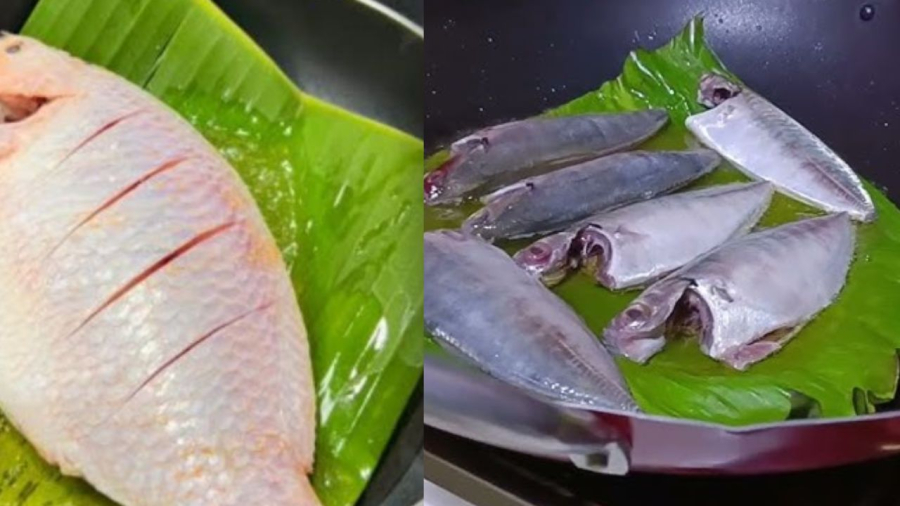
Use Banana Leaves to Prevent Sticking and Make Cleaning Easier
Banana Leaves as Dividers for Frozen Foods
When freezing meats, fish, or minced meat, use banana leaves as dividers to portion out the food. This makes it easier to retrieve the exact amount you need each time, and it’s a safe and natural alternative to plastic dividers.
Banana leaves also contain antioxidants, making them a healthier option for your family compared to plastic containers and wraps.
The Humble Dish of Thanh Hoa: A Rustic Delicacy Transformed into an Irresistible Urban Treat
Once a staple food of the people of Thanh, this humble dish has now crossed borders and captured the hearts (and taste buds) of discerning foodies in the city. The unique flavor profile, combined with an intriguing historical narrative, has elevated this simple rural delicacy into a sought-after culinary sensation.
























